
DOES COLLAGEN IMPROVE DIGESTION?
Research has shown that the amino acids in collagen help repair and strengthen your digestive lining. When gut health is disturbed, the intestinal lining becomes more permeable, causing a decrease in nutrient absorption. This loss of nutrients can be prevented and treated by strengthening the gut lining [2,7]. Hence, collagen may be what you are looking for if you suffer from symptoms like bloating, stomach cramps, pain, diarrhoea, constipation, flatulence, irregular bowel movements, and acid reflux.
The Gutme! Study was performed with women aged 35-65 years old, and the results revealed that after completing an entire course of 8-week supplementation with bovine-based collagen peptides, 93% experienced a reduction in digestive symptoms, including bloating, acid reflux, pain and constipation [1].

HOW CAN COLLAGEN AFFECT THE DIGESTIVE PROCESS?
A study revealed that "collagen peptides ameliorate intestinal epithelial barrier dysfunction via enhancing tight junctions," a joint between cells that play a role in the organisation of the intestinal tissue [2].
Other collagen components may contribute to its gut-beneficial properties, such as its glycine content, which is known for its ability to prevent harmful gastric secretions in the stomach lining [5].
Another bonus in LEMAlab's FLEXIBLE collagen formula is bromelain—one of the three complementary ingredients—known to aid digestion due to its anti-inflammatory properties. These components are discussed in more detail in the article FLEXIBILITY SUPPLEMENT BENEFITS.

THE EXPERTS AND RESEARCH CONSENSUS ON THE DIGESTIVE-BENEFITS OF COLLAGEN?
The Gutme! Study included interviews with registered dietitians as part of the methodology to investigate the potential use of collagen for digestive symptoms [2]. The results indicated that 20g per day is the dosage used by most of them for digestive disorders. However, it was mentioned that at least 12 grams of collagen should be taken to see benefits.
It is important to note that the interviewed dietitians usually prescribe collagen peptides as part of a comprehensive supplementary regimen and that could include micronutrients, digestive enzymes, glutamine, colostrum, prebiotics, and probiotics. It would therefore be difficult to conclude that an improvement in digestive symptoms was due to collagen alone.
Another aspect that could limitate concluding the effect of collagen alone on gut health is leaving out variables like ethnic variety, diet, weight and microbiome. This is the case for the Gutme! Study as there was no dietary or lifestyle guidance for the participants.
We clearly require further clinical studies that include more variables in their data-collecting methodologies to make more precise claims on the digestive benefits of collagen. However, what has been published so far favours the beneficial properties of this nutrient.

WHICH TYPE OF COLLAGEN IS BEST FOR GUT HEALTH?
We have covered the different types of collagen in the article WHICH COLLAGEN TYPE SHOULD YOU TAKE. In this case, since collagen began to be studied and quantified in tissue, studies mention that the types of collagen predominantly present in the intestine are types I, III, and V, with the function of providing structural support [3,4,6].
More recent research on acid reflux found that type-I and type-III collagens are reduced in patients with acid reflux and hiatal hernia compared to patients without these issues [8]. This is even more indicative of the vital role of these types of collagen in the gastrointestinal tube.
LEMAlab's FLEXIBLE collagen supplement contains bovine collagen, which is precisely Type I and III and could help digestion when taken daily as part of a healthy balanced diet.
CONCLUSION
Although the effect of taking collagen for digestive disorders needs further studies, it is a fact that collagen plays an essential role in maintaining the integrity of the gut lining, and seeing that it is currently being used as part of the treatment for this type of conditions, we could conclude that collagen is a great option to include in your diet if you need to support your digestion.


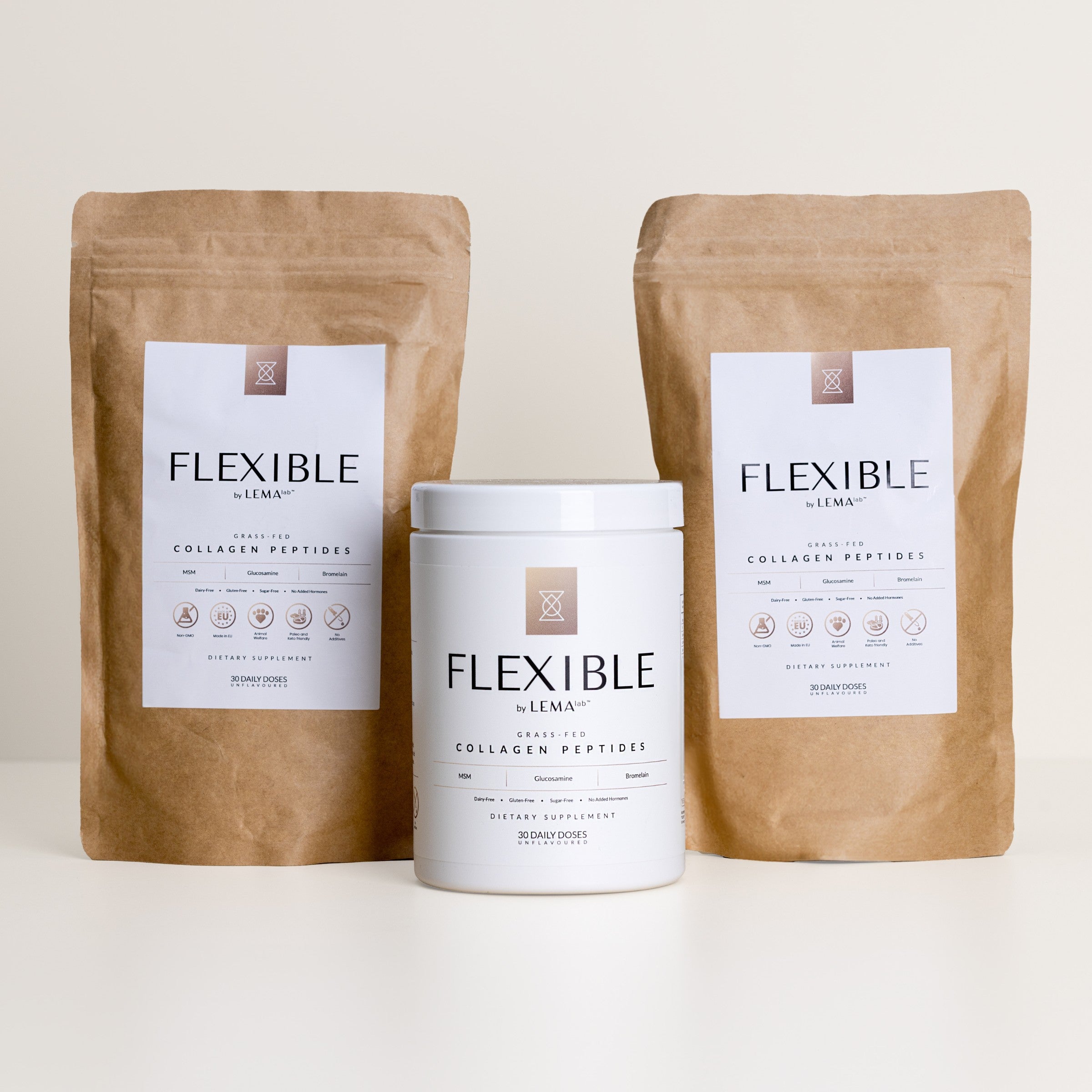
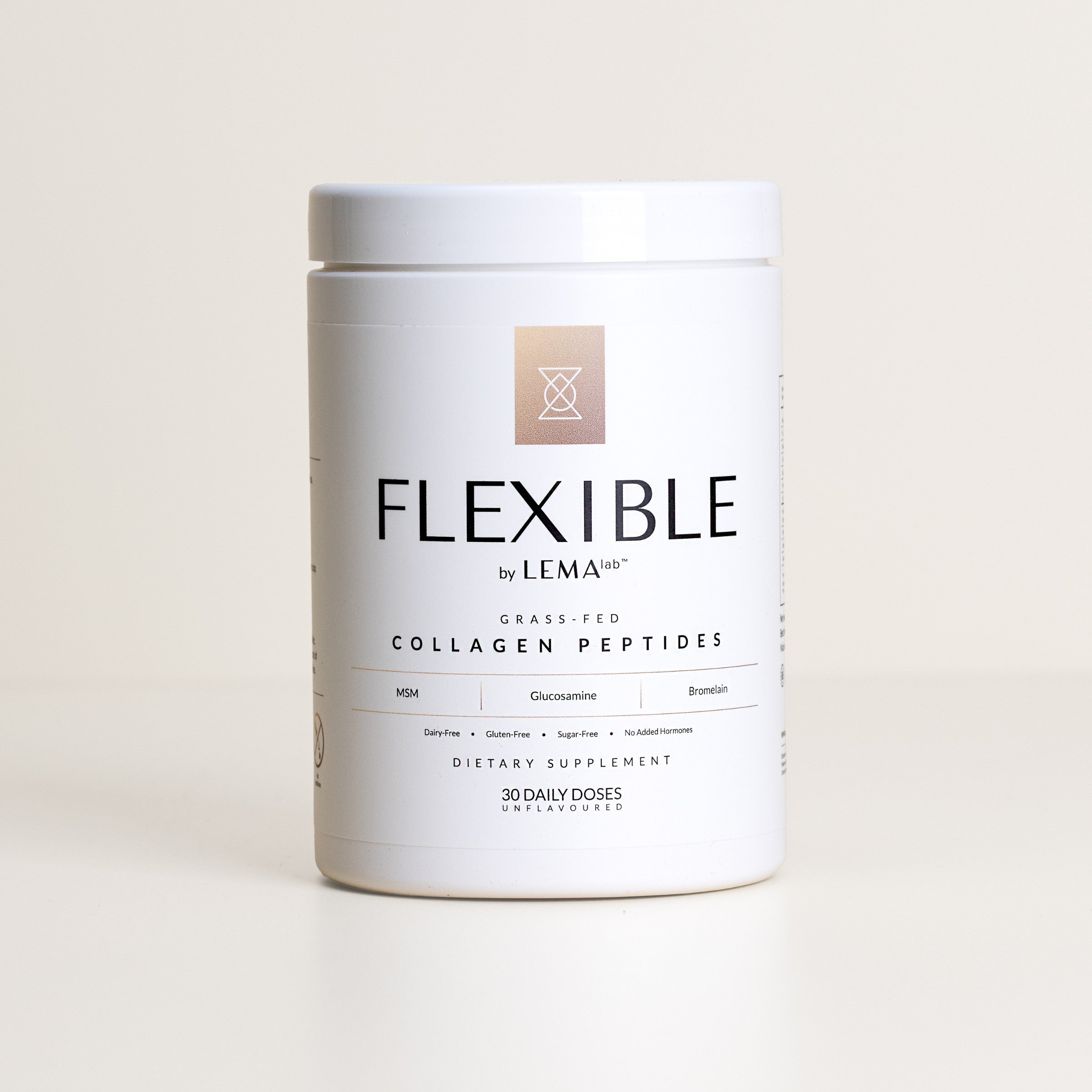
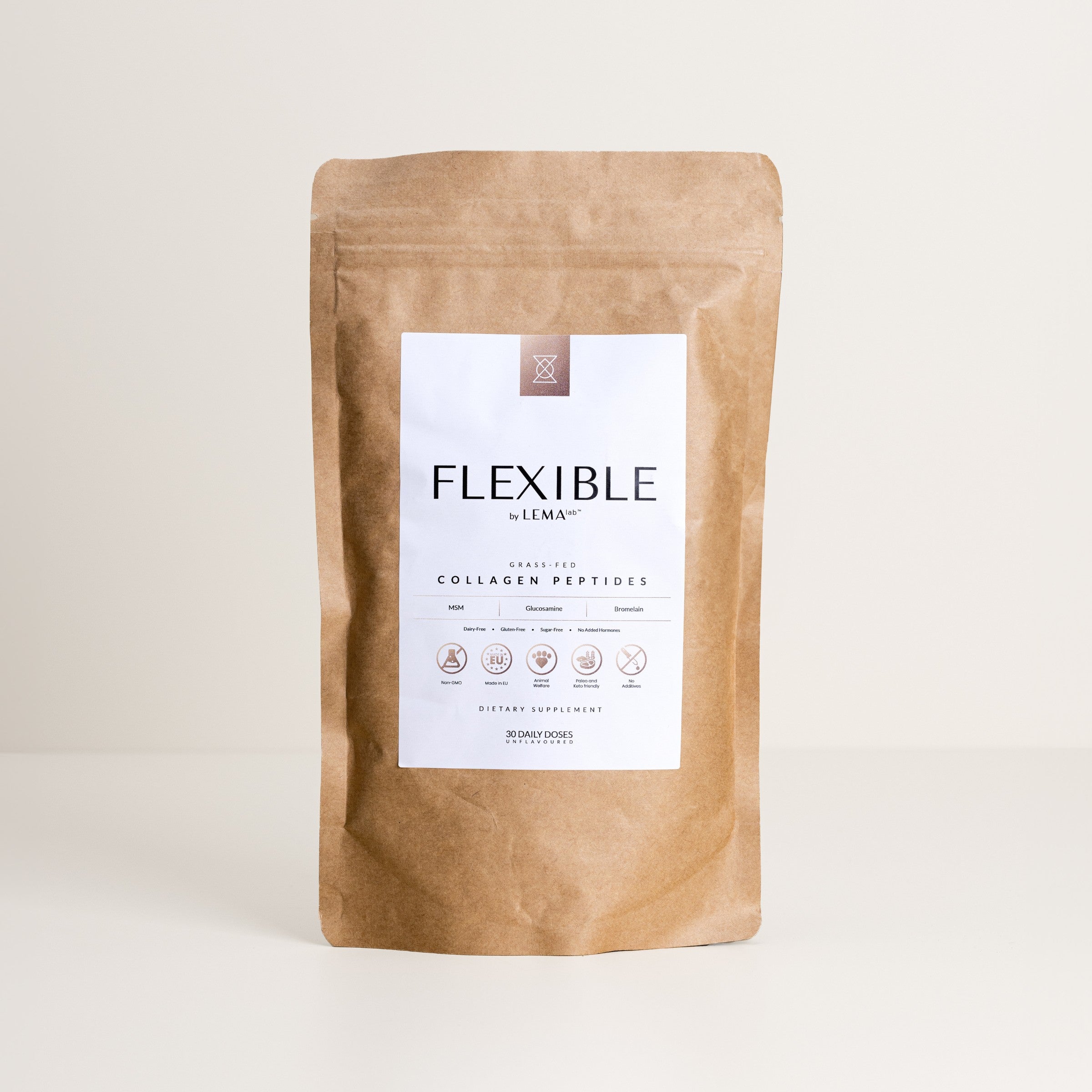
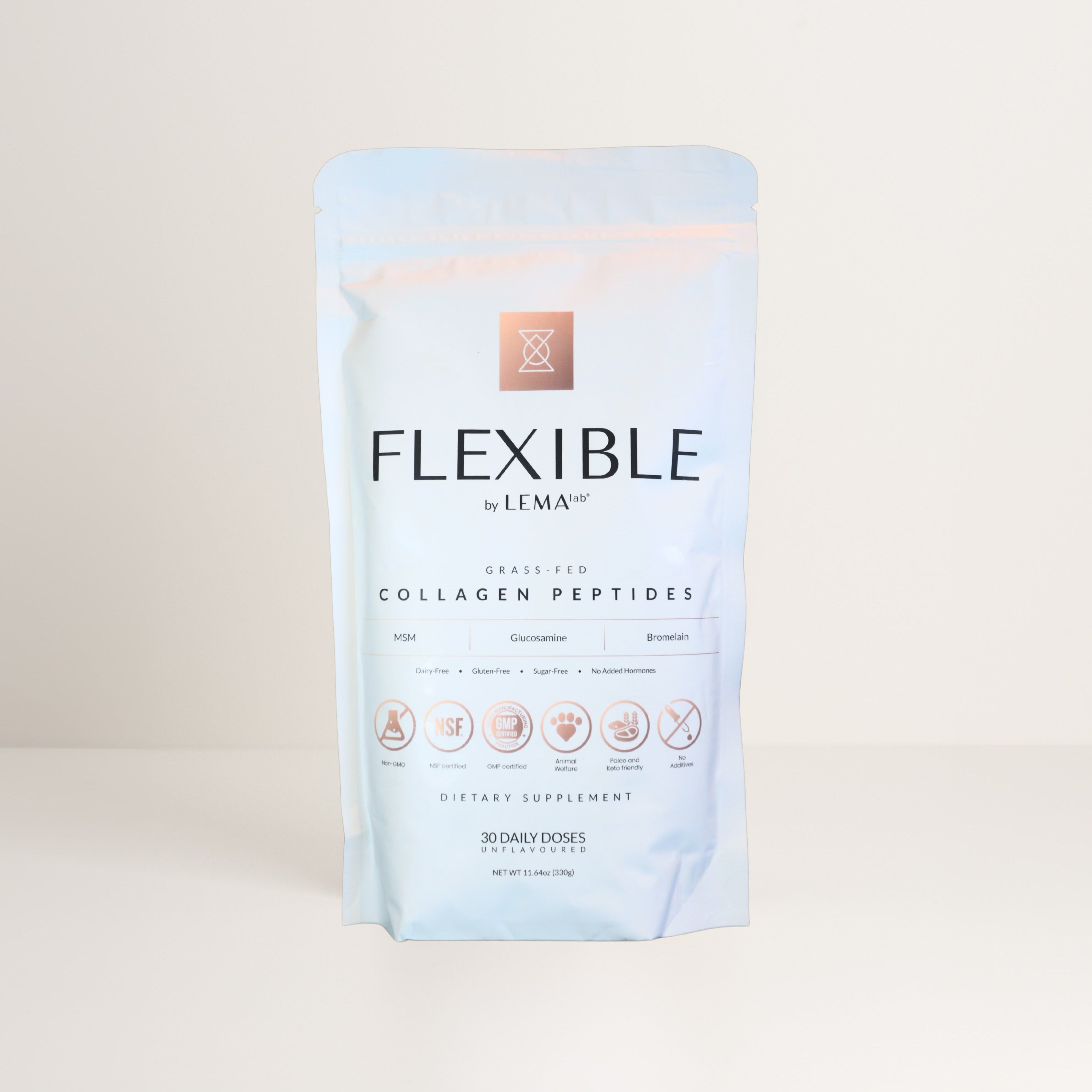
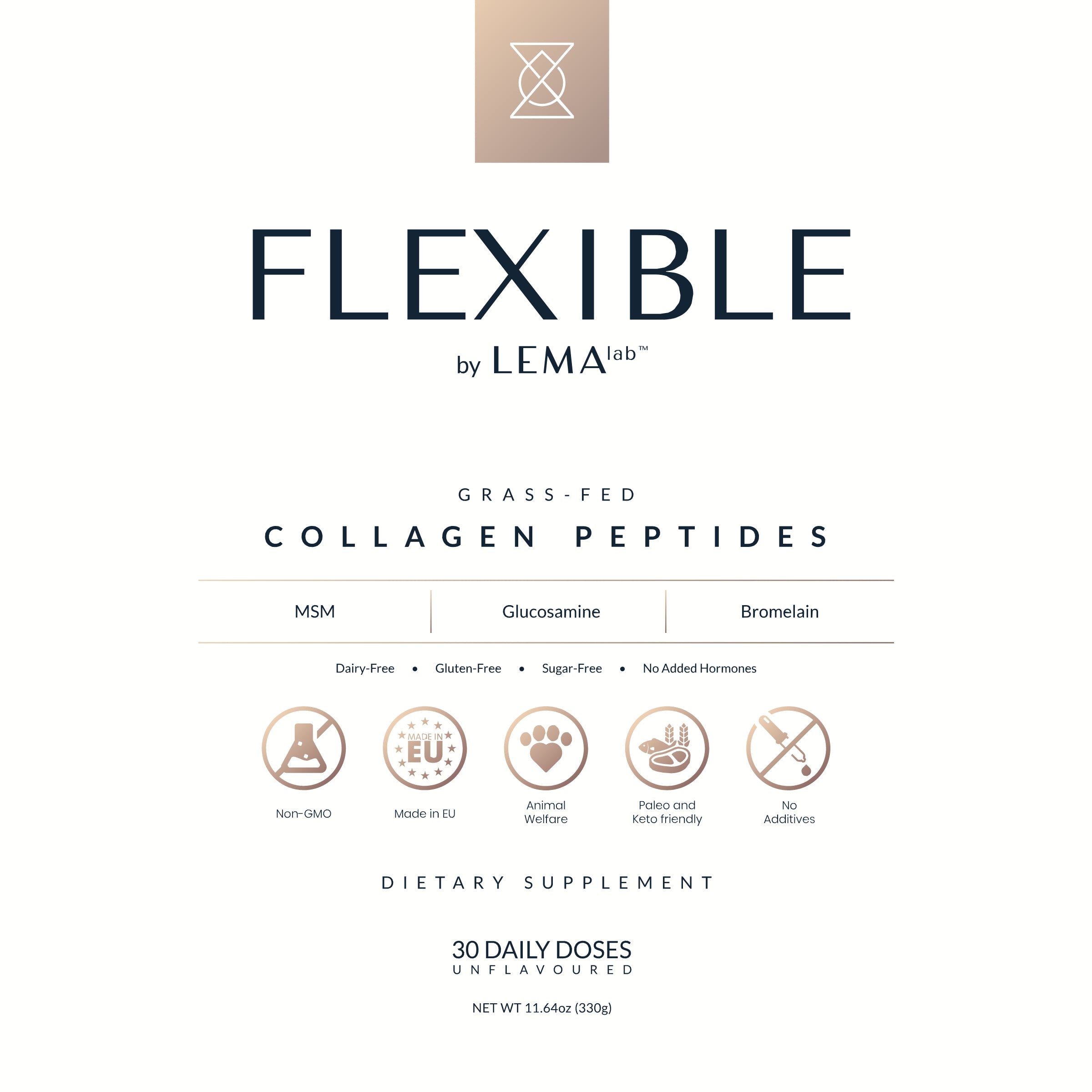
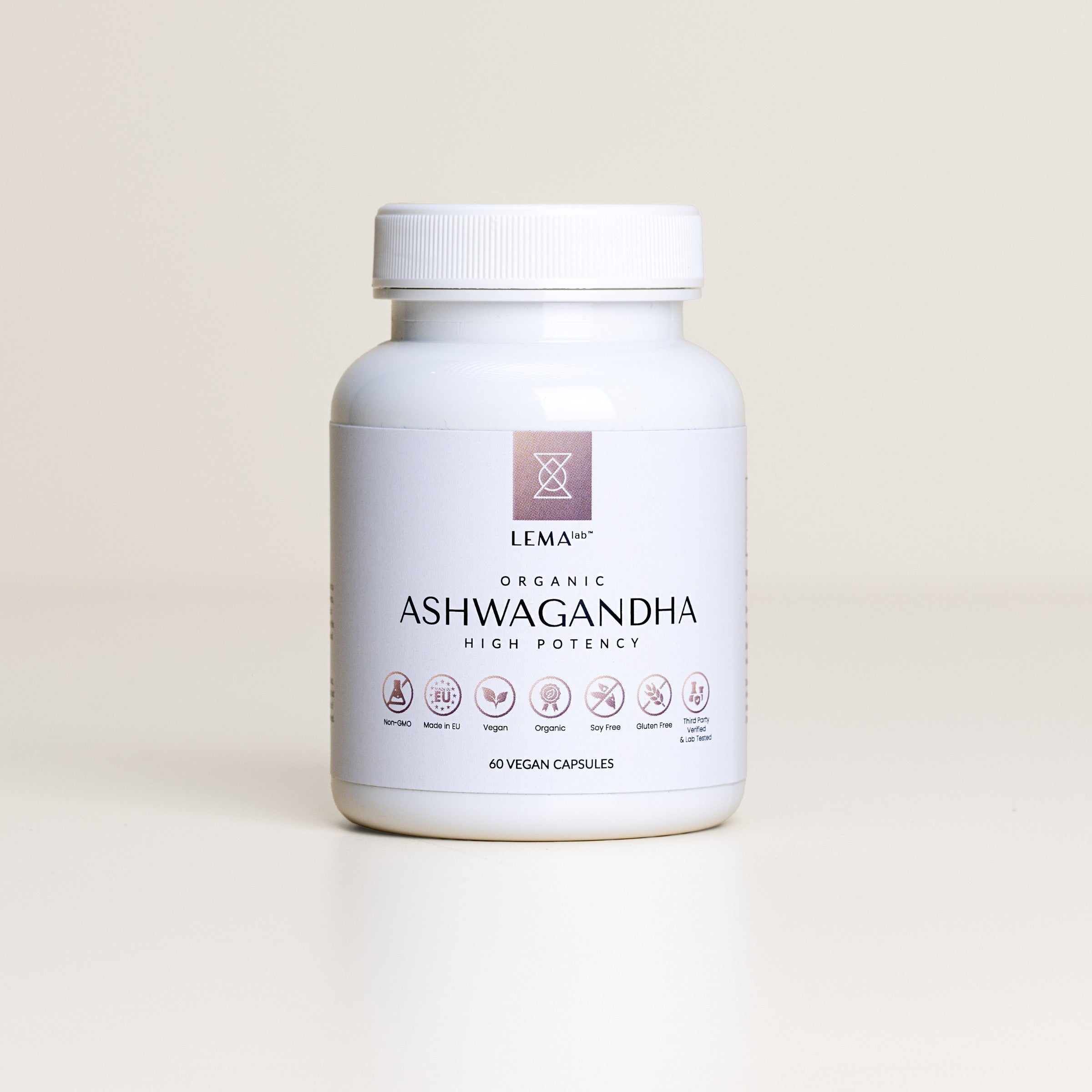



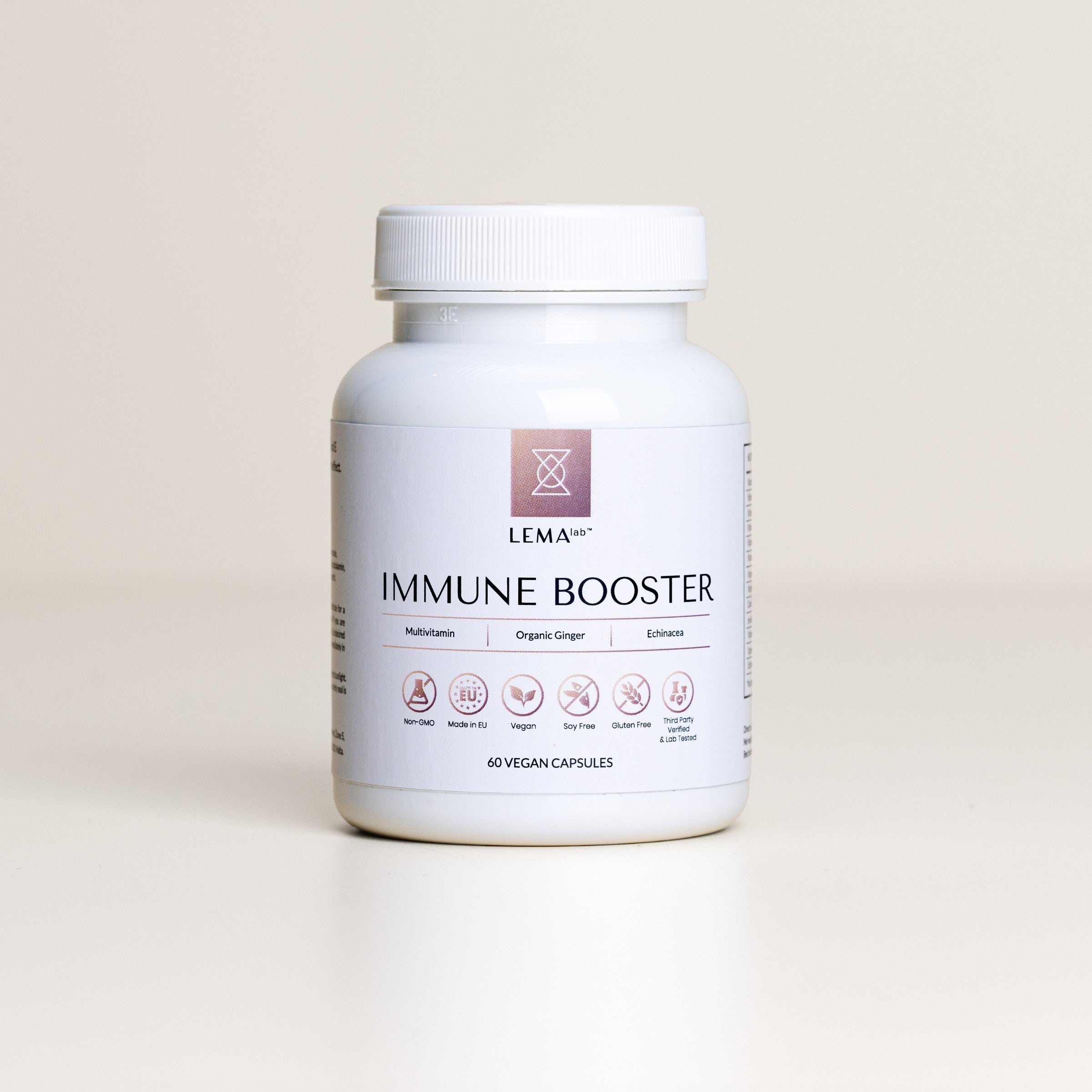
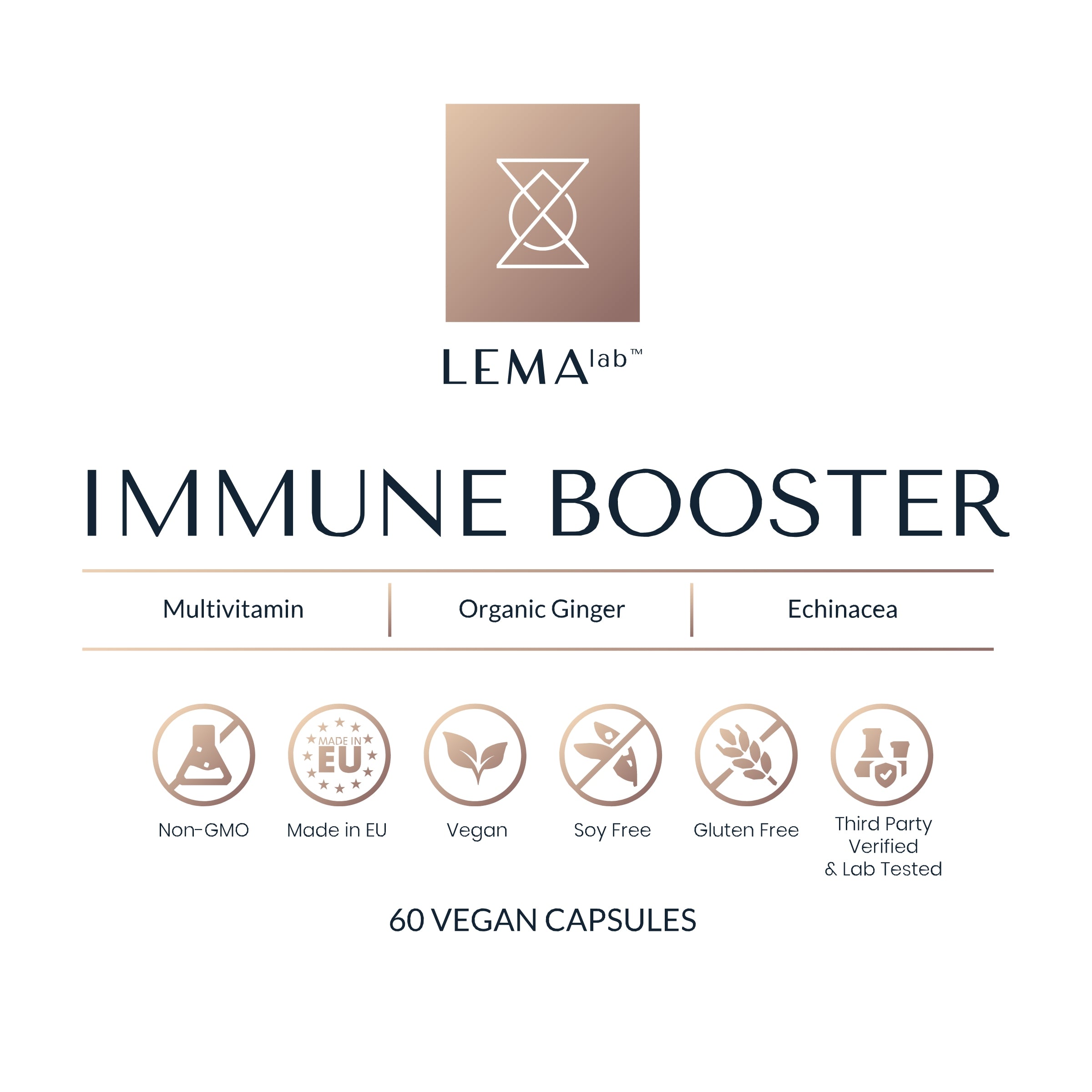
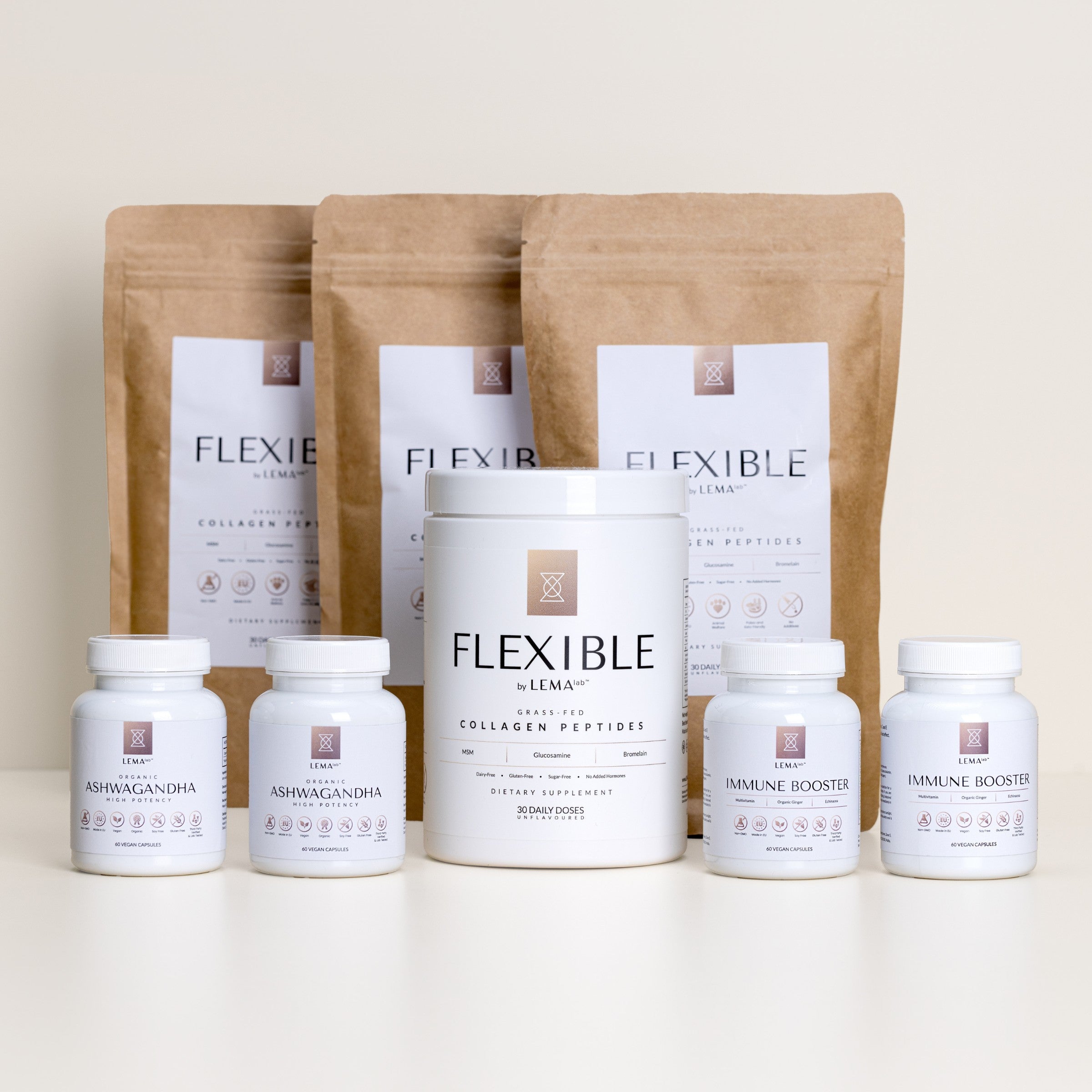
Leave a comment
This site is protected by hCaptcha and the hCaptcha Privacy Policy and Terms of Service apply.